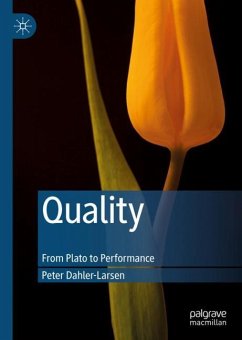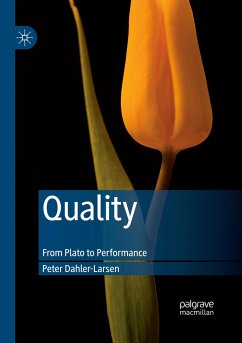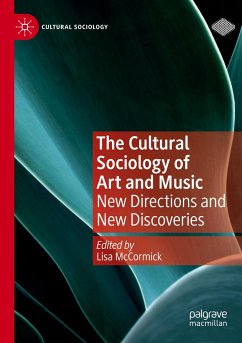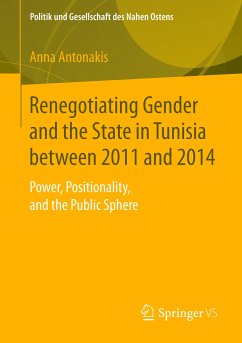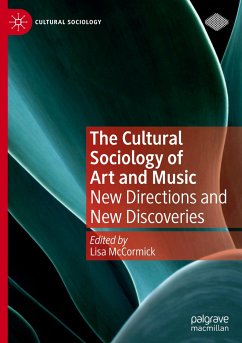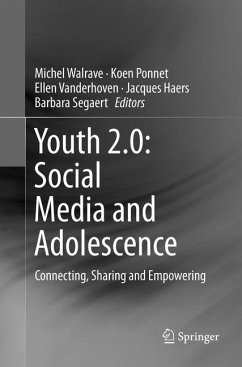
The Work and Play of the Mind in the Information Age
Whose Property?

PAYBACK Punkte
33 °P sammeln!
This book tells a series of living stories about a domain of social activity, "the work and play of the mind," in a particular historical epoch: the "information age." The stories concern political processes and movements as varied as the World Trade Organization's Trade-Related Aspects of Intellectual Property Rights, China's Great Firewall, practices of image sharing in social media, Occupy Wall Street, The Arab Spring, The Alt-Right, and the use of geographical indications by indigenous peoples and farmers to defend their lifestyles.In its theoretical analysis, the book illuminates four alt...
This book tells a series of living stories about a domain of social activity, "the work and play of the mind," in a particular historical epoch: the "information age." The stories concern political processes and movements as varied as the World Trade Organization's Trade-Related Aspects of Intellectual Property Rights, China's Great Firewall, practices of image sharing in social media, Occupy Wall Street, The Arab Spring, The Alt-Right, and the use of geographical indications by indigenous peoples and farmers to defend their lifestyles.
In its theoretical analysis, the book illuminates four alternative political agendas for the work and play of the mind. These four "propertyscapes" represent competing visions for social life, framing projects for collective political action that are at times competing, at times overlapping. The author prompts us to consider whose property is the work and play of the mind, as well as addressing larger questions regarding the framing of political space, the kinds of political communities we may need for the future, and the changing place of the work and play of the mind within these social imaginaries. The book will be of interest to students and scholars across a range of disciplines including media and communications, arts and design, law, politics and interdisciplinary social sciences.
In its theoretical analysis, the book illuminates four alternative political agendas for the work and play of the mind. These four "propertyscapes" represent competing visions for social life, framing projects for collective political action that are at times competing, at times overlapping. The author prompts us to consider whose property is the work and play of the mind, as well as addressing larger questions regarding the framing of political space, the kinds of political communities we may need for the future, and the changing place of the work and play of the mind within these social imaginaries. The book will be of interest to students and scholars across a range of disciplines including media and communications, arts and design, law, politics and interdisciplinary social sciences.



